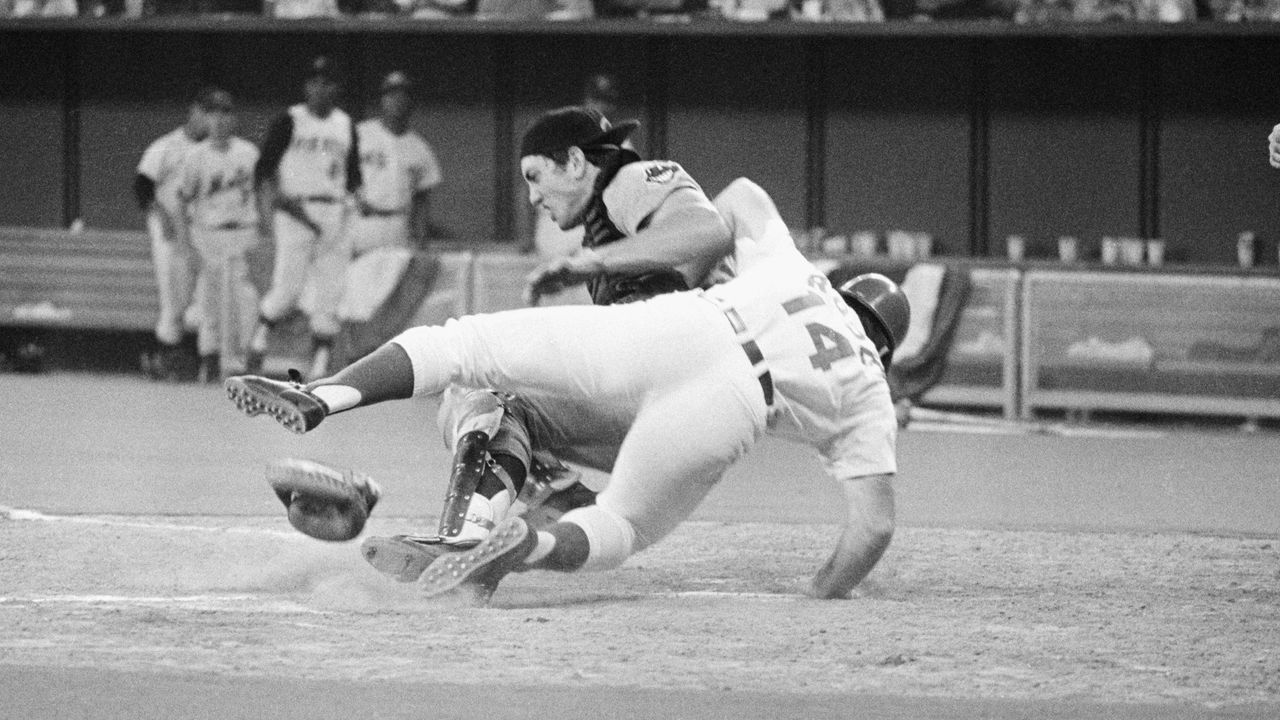Sorry, we'll never be rid of the scourge of All-Star Games
Not long after he became one of the majority co-owners of Chelsea FC, American businessman Todd Boehly floated the idea of adding an All-Star Game to the Premier League schedule.
Boehly, who's also part of the Los Angeles Dodgers ownership group, said in 2022 that the event is a great moneymaker in America.
In England, he was roundly mocked. "Does he want to bring the Harlem Globetrotters as well?" said Jurgen Klopp, then the manager of Liverpool. Klopp also didn't think fans wanted to see Liverpool players alongside rivals from Manchester or, worse, Everton. He seemed baffled that anyone would suggest it. "Did he really say it?" he asked.
He sure did.
Boehly's idea went precisely nowhere, which raises an interesting question for the leagues on this side of the Atlantic Ocean: If All-Star Games didn't already exist, would anyone actually want them?
The 2025 NBA All-Star Weekend was one of the least successful of its kind. Reviews of the new four-team format were brutal. Draymond Green, in his role on the television broadcast, called it "ridiculous" and "absurd." Whatever people think of Green's outspokenness, it's not a great look for the NBA when its analysts can't stand one of its signature events.
The NHL, meanwhile, stumbled into gold by not actually having an All-Star Game. It was replaced with the 4 Nations Face-Off, which drew massive interest and television ratings. Going back to another limp All-Star format next year to kick off the Olympic break will be a tough sell for hockey fans.
The NFL gave up on the Pro Bowl entirely, replacing it with skills games and a flag football exhibition, only watched by the hardest of die-hard fans.
Even in Major League Baseball, which once had a spectacle that felt like an actual competitive game - obligatory mention of Pete Rose's collision with Ray Fosse at home plate in 1970 - there's been a slide into irrelevance. Today's teams are so aware of workload - especially with pitchers - that no one wants to overburden athletes during an exhibition.

The malaise has extended to the bells and whistles that used to be All-Star value-adds: big stars skip the Home Run Derby and the Dunk Contest for many reasons, but generally because they can't be bothered to participate. They'd rather keep the stakes low for a few days than compete in something that might cause undue stress or injury.
There's no coming back from this. A generation of players has become used to seeing their peers go through the motions at these midseason breaks, whether it is NBA players resolutely refusing to play defense or NHL goalies forced to flail about while subjected to endless odd-man rushes. Formats have been tweaked repeatedly, but there's simply no way to flip an intensity switch.
Whenever another dud event occurs, players are criticized for not trying or not caring, but they're simply protecting their interests. They have massive contractual values at stake, and the next time they go into free agency or salary arbitration, no one will give them credit for the points they scored in an All-Star Game.
Is there a solution? Would-be fixers point to the idea of raised stakes, whether it be a cash prize, home-team advantage in a championship series, or, as is the case with the 4 Nations, national pride.
To which one can say: maybe. The 4 Nations Face-Off brought a remarkable amount of passion out of its participants, but that may have partly been a result of many of its players not having participated in true best-on-best tournaments for nearly a decade, if ever. Would they play quite so hard and throw punches at center ice if they were playing for their countries every year?
There's also no escaping the fact that replacing what is supposed to be a midseason break with a midseason Powderkeg of Intensity may not be seen as a viable long-term strategy. Injuries to Shea Theodore, Charlie McAvoy and Matthew Tkachuk at the 4 Nations tournament have already underlined the risks of playing games with real stakes right before the NHL arrives at the business end of its season.
That takes us back to a point Klopp made when questioning the very idea of an All-Star Game. The calendar is already packed, he said. Where would you fit such a contest without wearing out worn-out players any further?
It would likely take just one injury to a superstar at one of these midseason events for the league offices to reconsider the wisdom of the whole thing.
That's not to say that they won't try it first. As Boehly noted a couple of years ago, All-Star events make money. For all the complaining, and the lack of an obvious fix, that's why they won't go away.
Scott Stinson is a contributing writer for theScore.
HEADLINES
- Report: Astros restart trade talks with Cardinals for Arenado
- Judge won't grow beard, supportive of Yankees changing rule
- MLB fans carping for salary limits need to learn from the NBA
- Francona tells Reds vets to avoid ABS challenges: 'Muddies the waters'
- Cole: Salary cap, floor would be like players subsidizing owners' issues